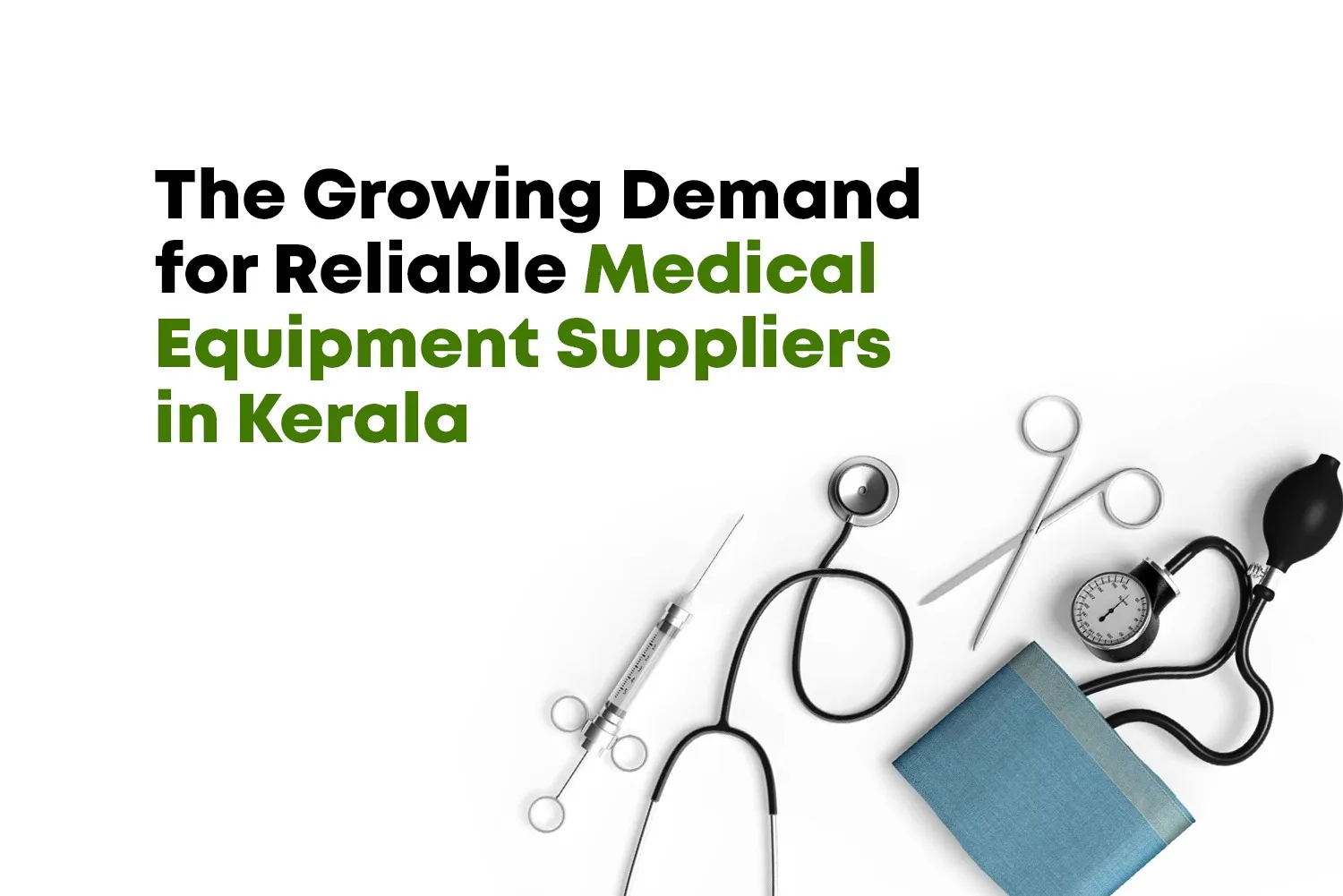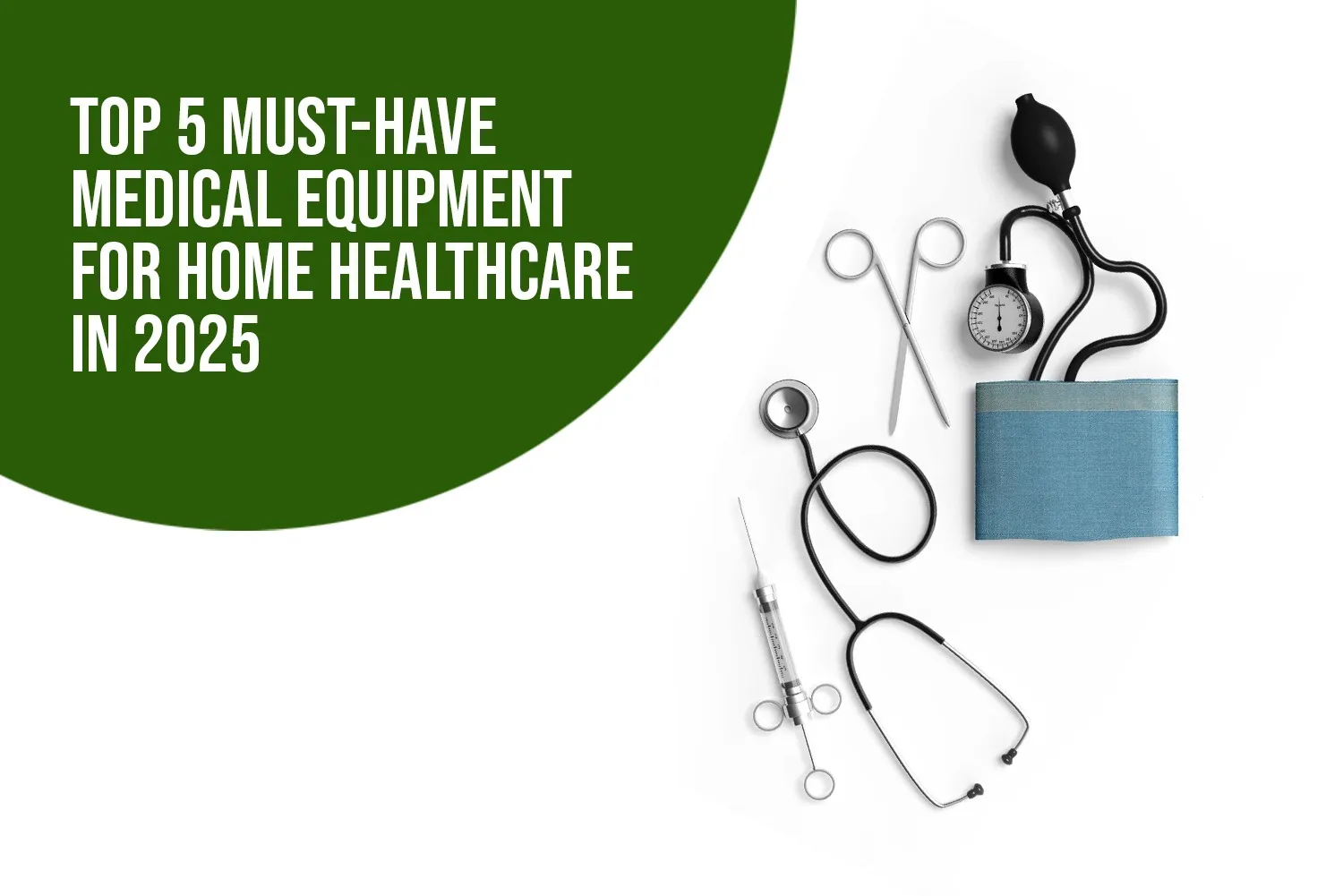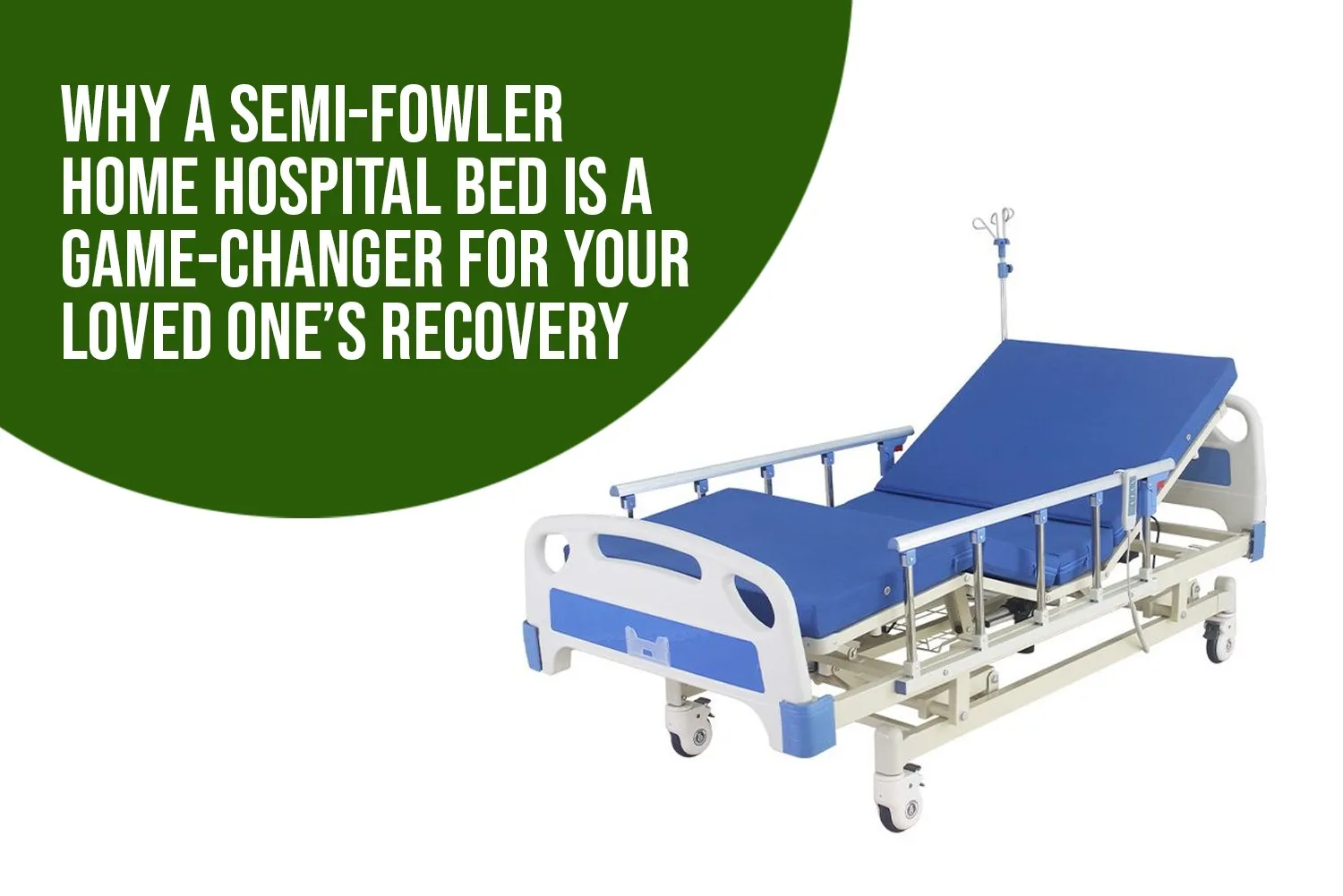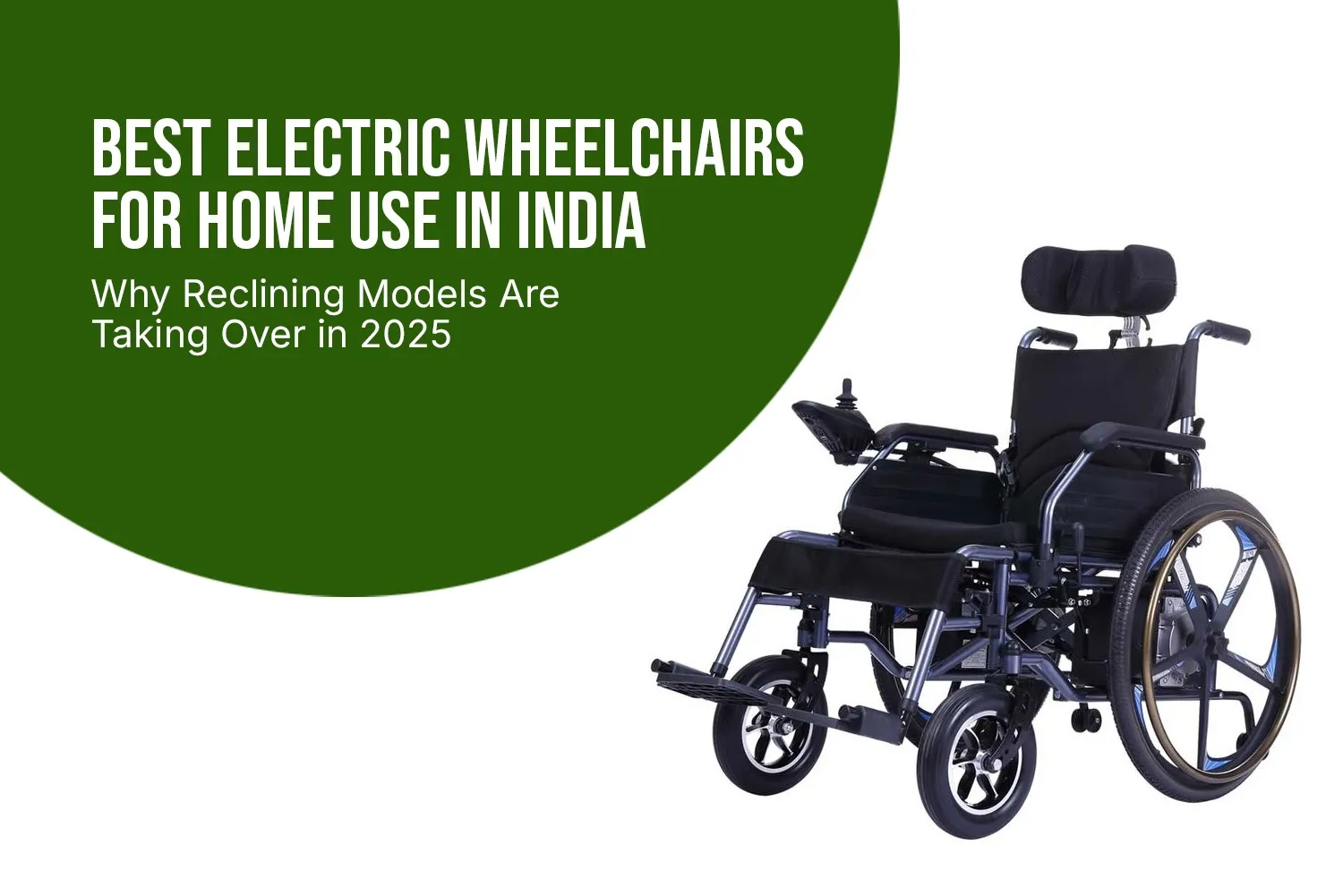Walk into any modern hospital in Kerala today—be it Aster Medcity in Kochi, Amrita Hospital, or the government medical college in Kozhikode—and you’ll notice something striking. Beyond the busy corridors and dedicated doctors, there’s an invisible network that keeps the entire system running: reliable medical equipment suppliers in Kerala. From ICU ventilators to basic examination tables, every piece of equipment tells a story of demand, delivery, and trust.
Why the demand is rising so fast
Healthcare in Kerala has always been ahead of the curve compared to most Indian states. The literacy rate, health awareness, and the state’s reputation for medical tourism have built a unique ecosystem. Over the past decade, however, demand for advanced machines and technology has jumped dramatically.
One big reason is the growth of private hospitals and specialty clinics. Small towns like Thrissur, Kottayam, and Malappuram now have multispecialty centers that didn’t exist 15 years ago. These clinics cannot rely on outdated equipment; they need CT scanners, infusion pumps, ECG machines, and automated diagnostic tools that meet international standards. Naturally, this has pushed suppliers to scale up their inventory and services.
Another factor is government initiatives. The state health department has been on a mission to modernize district hospitals and primary health centers. Programs like the Aardram Mission have made it compulsory for many hospitals to adopt advanced medical equipment. Ask any supplier in Kochi or Thiruvananthapuram, and they’ll tell you how government tenders are now a huge part of their business.
What makes a supplier trustworthy?
Now, not all suppliers are the same. Hospitals often struggle to separate genuine, long-term partners from quick-profit players. The most reliable medical equipment suppliers in Kerala usually stand out in a few ways:
- After-sales support – It’s one thing to sell a dialysis machine, but quite another to provide spare parts and maintenance at short notice. A good supplier has service teams ready.
- International certifications – Many hospitals in Kerala cater to patients from the Middle East and Europe. They demand suppliers who provide CE-certified or FDA-approved equipment.
- Local stock availability – Emergencies don’t wait. If an ICU monitor fails, the hospital cannot wait weeks for delivery. Suppliers with warehouses in Kochi or Trivandrum earn higher trust.
- Transparent pricing – With medical costs under constant scrutiny, suppliers who inflate prices rarely last long.
Real challenges on the ground
Of course, the sector has its hurdles. Many administrators complain about delayed imports. For example, certain radiology machines have to come from Germany or Japan, and shipping delays can set projects back months.
There’s also the issue of counterfeit or low-quality equipment. Several smaller clinics in northern Kerala have been burned by buying from unverified distributors who offered attractive prices but no warranty or support. That’s why industry insiders often say: “In medical equipment, cheap can become very expensive.”
Another concern is training. Even the best MRI machine is useless if staff don’t know how to operate it properly. The best suppliers don’t just deliver equipment; they also provide on-site training and user manuals in Malayalam and English, which is a huge help for smaller hospitals.
The role of technology in supply
Something interesting is happening lately. Many medical equipment suppliers in Kerala are going digital. A few years ago, finding a supplier meant phone calls, in-person visits, and waiting for quotations. Today, some leading players have online catalogs, WhatsApp support, and digital payment options. Hospitals can browse equipment models, compare features, and request demos in just a few clicks.
E-commerce has also entered the scene, particularly for smaller devices like BP monitors, stethoscopes, and surgical instruments. While major hospitals still prefer long-term contracts, smaller clinics and independent doctors often order directly online.
Why Kerala is unique compared to other states
When you compare Kerala to other Indian states, the difference becomes clear. In cities like Delhi or Mumbai, demand is centered around massive super-specialty hospitals. Kerala, however, has a more decentralized healthcare model. Even taluk-level hospitals are well-equipped, and this creates widespread demand for suppliers across the state, not just in metro hubs.
Also, Kerala’s strong link with the Gulf region plays a role. Many NRIs who invest in healthcare back home demand international standards in equipment. This cross-border influence pushes suppliers to maintain higher quality.
Expert tips for hospitals choosing suppliers
If you’re part of a hospital procurement team, here are a few practical tips drawn from what industry experts in Kerala recommend:
- Check references – Ask other hospitals about their experience with the supplier before signing big contracts.
- Insist on demo installations – A reliable supplier will always agree to demonstrate equipment before final purchase.
- Review service contracts carefully – Don’t just focus on price; see if the supplier commits to response times for repairs.
- Look for local presence – A Thrissur-based hospital is better off working with a supplier who has a Kochi or Palakkad office, rather than only a Delhi contact.
- Match needs to scale – A rural clinic does not need the same equipment as a metro hospital. Choose a supplier who understands this distinction.
The future of medical equipment supply in Kerala
Looking ahead, the industry is only going to expand. With medical tourism gaining traction—especially in ayurvedic wellness combined with modern healthcare—Kerala is attracting patients from the Middle East, Maldives, and even Europe. To meet expectations, hospitals will invest heavily in cutting-edge devices.
Suppliers who adapt to this demand, offer transparent service, and build strong partnerships will dominate the market. Those who cut corners will fade away.
At the end of the day, when a patient in Kerala walks into an ICU, they don’t think about the ventilator supplier or the ECG machine’s distributor. But without these behind-the-scenes players, no doctor can deliver quality care. That’s why the demand for trustworthy medical equipment suppliers in Kerala is not just growing—it’s becoming essential to the state’s healthcare future.





